Speakers
Educational Leadership Conference. Thursday 18 August. G-Auditorium (G00-10) Materials for speakers can be found on the Slides and Materials Page
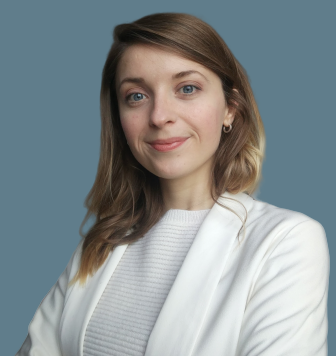
Uliana Furiv
Ukrainian Higher Education in the Time of Armed Conflict – Perspectives of Crisis Management
(This will be a virtual presentation)
Profile. Uliana Furiv is a Research Assistant at Utrecht University, working on the issues of internationalisation in higher education and refugee access to higher education. In Spring 2022, she arrived in the Netherlands as a refugee researcher from Ukraine. Between 2018-2021, she worked as an Associate Project Officer at the UNESCO International Institute for Educational Planning (IIEP) in Paris (France), where she supported an international research project “SDG4: Planning for flexible learning pathways in higher education”. In 2018, Uliana graduated from Erasmus Mundus joint master’s program in higher education (MARIHE) from Tampere University, Finland. She did her master thesis on “Ukrainian higher education in the time of armed conflict”. Uliana has rich experience in education planning and governance, policy analysis and higher education in crisis.
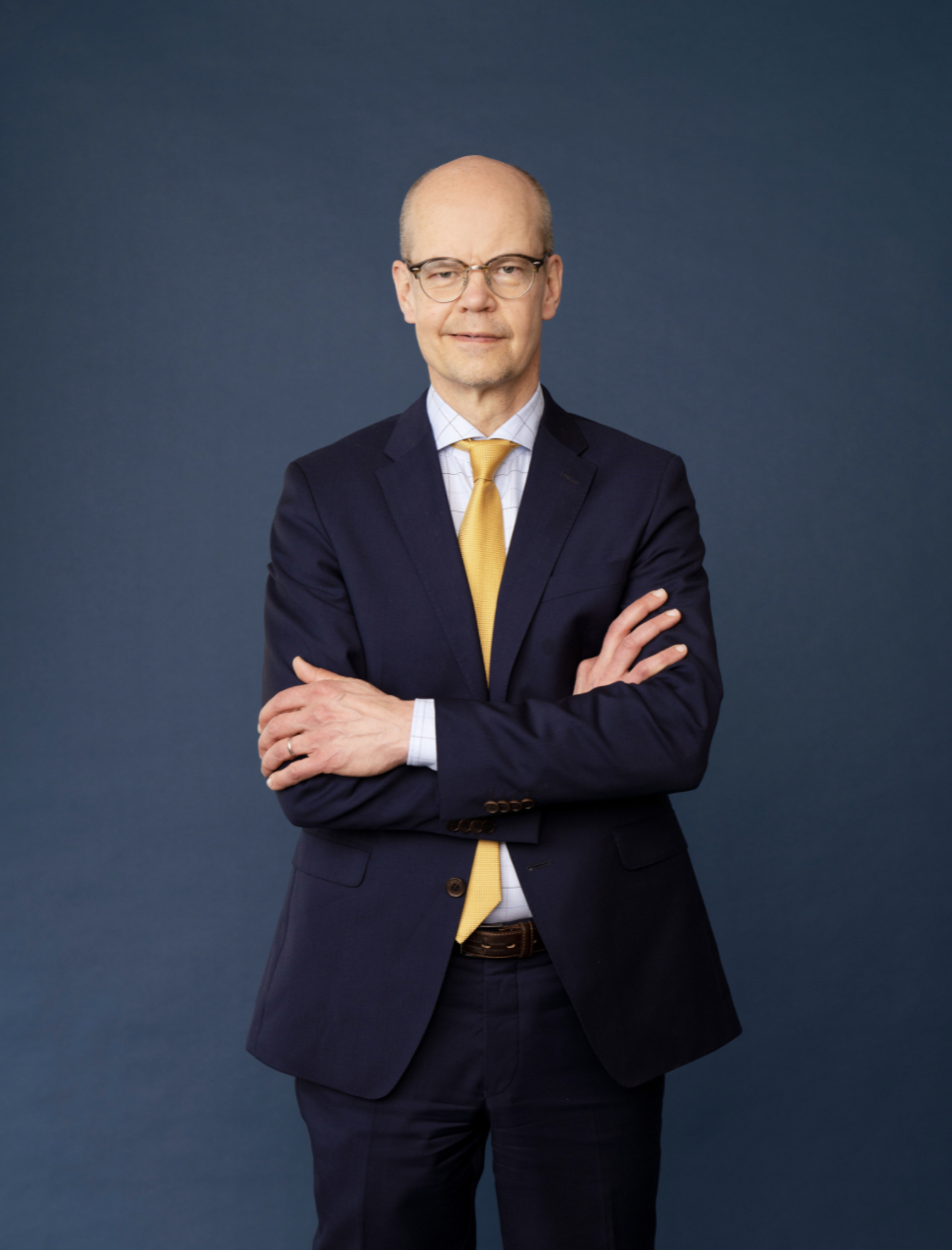
Olli-Pekka Heinonen
Leadership in Education in Times of Change
(This will be a virtual presentation)
Profile. Mr Olli-Pekka Heinonen became the 8th Director General of the International Baccalaureate Organization on 1 May 2021. Prior to joining the IB, Mr Heinonen was Director General of the Finnish National Agency for Education where he worked from January 2017.
Mr Heinonen had an active career in politics in Finland between 1994 and 2002: he was Minister of Education and Science from 1994-1999; Minister of Transport and Communication from 1999-2002 and a Member of Parliament from 1995-2002.
From 2002 to 2012, Mr Heinonen was Director of Yle, the Finnish national public broadcasting company, before joining the Finnish Prime Minister’s Office in March 2012 as State Secretary, responsible for organizing and leading the office. He has also been responsible, as State Secretary, for the portfolios of the Ministry of Education and Culture, the Ministry of Internal Affairs, the Ministry of Foreign Trade and Development and then as State Secretary at the Ministry of Finance of Finland.
Mr Heinonen holds a Master of Laws from the University of Helsinki in Finland and has been awarded an honorary doctorate by the Faculty of Education and Psychology at the University of Jyväskylä in Finland. He is married and has three children.
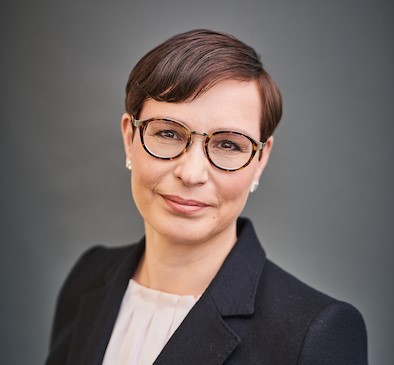
Marja Sutela
Implementing University Strategy Through Pedagogical Leadership
Profile
Marja Sutela is Vice President for Education at Tampere University. She is an expert in higher education administration and management and related legal questions. Her specialty is pedagogical leadership and change management in higher education institutions. Combined with a strong academic background, she has more than 20 years of experience in pedagogical leadership and the implementation of new practices and organisational reforms.
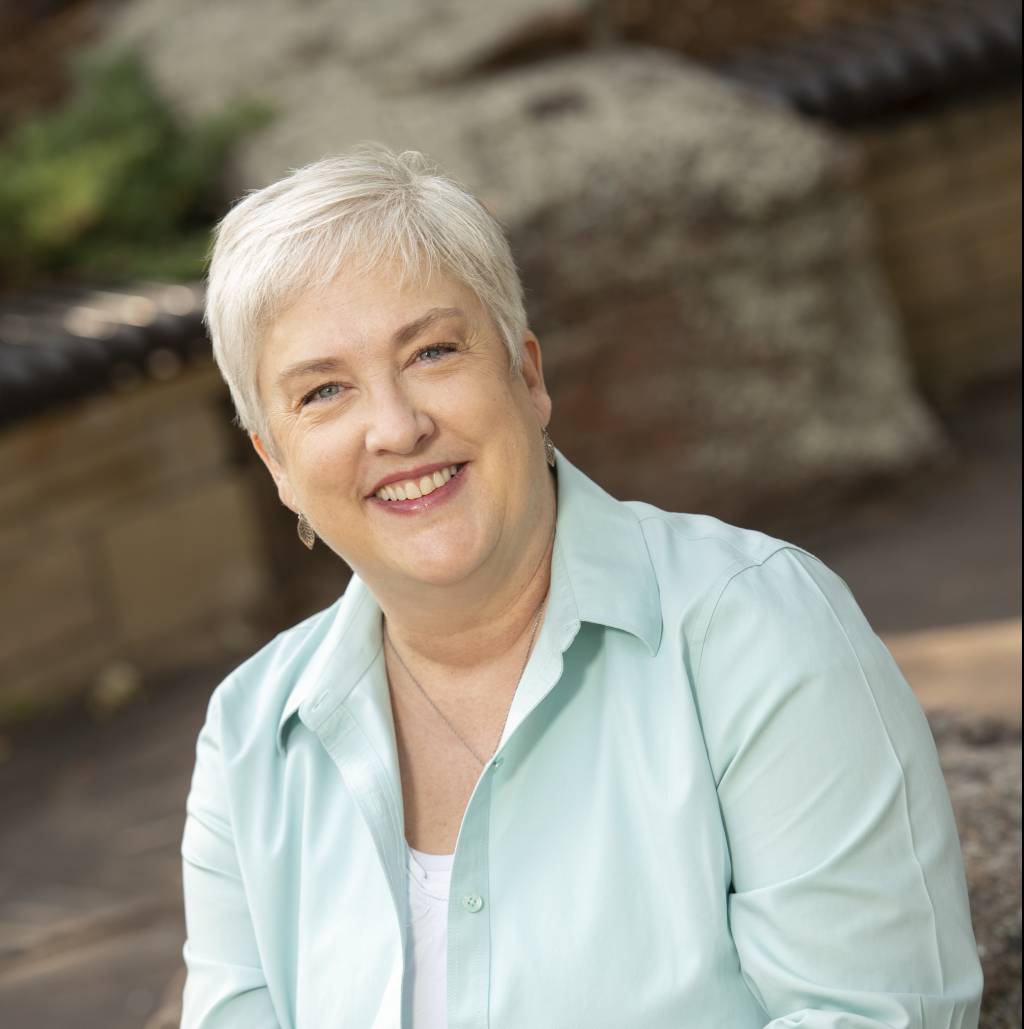
Leslie Rush
Change, Collaboration, and Clarity: An Educational and Administrative Journey in the Rocky Mountain West
Description: This presentation will engage the audience in lessons learned — at system, program, and individual levels — from 10 years of service in university academic administration. Placing these lessons in the context of the unique rural and western educational environment of Wyoming, a Rocky Mountain state in the USA, will provide opportunities for considering social, physical, and geographical contexts for administrative work and improvement. The presentation will focus on three areas of learning through a decade of administrative work: systemic change to support fearless academic units (Reeves, 2020); collaboration among faculty as a key aspect of program and school improvement (Schliefer, Rinehart, & Yanisch, 2017); and individual identity development as both product and driver of administrative experiences (Gee, 2000). Potential applications for teachers, teacher educators, and administrators will be suggested.
Profile: Leslie S. Rush is professor and Director of the Wyoming School-University Partnership at the University of Wyoming, in Laramie, Wyoming, where she has been a faculty member since 2002. She received her PhD in Reading Education from the University of Georgia. Dr. Rush served as an administrator for 9 years, including appointments as Department Head for the Department of Secondary Education, Director for the School of Teacher Education, Associate Dean for Undergraduate Programs, and Interim Dean. Dr. Rush has taught in high school and university classrooms for three decades. She was the co-editor of English Education, a National Council of Teachers of English (NCTE) journal focused on preservice and inservice teacher education in English/Language Arts, from 2010-2015. Her research includes disciplinary literacy in English/Language Arts and English pedagogy coursework in university-based English teacher education programs and has been published in Harvard Educational Review, Journal of Literacy Research, Journal of Adolescent & Adult Literacy, Journal of College Reading and Learning, and Literacy Research and Instruction, among others.
Roundtable Sessions. Friday 19 August (Morning) (B5-31, B6-34b, Online)

Cristina Obae
Liquidification of Curriculum as a Response to a BANI world (10:30 B5-31)
Description. In a world where everything is Brittle, Anxious, Non-linear and Incomprehensible school curricula needs a total make-over to be more adaptable. What would a liquid curriculum look like? Can we transform and therefore liquidify old curricula? Would a liquid curriculum be a viable solution in a BANI world? Which tech tools would be able to support implementation of such curriculum? These are just a few questions on which our round table will focus. Come join the discussion!
Profile. Dr. Cristina Obae is an educational leader passionate about curriculum and technology usage in education. Following the courses of a second master, MEL, at TAMK, she is determined to continue her lifelong learning journey aiming to develop educational solutions that will support innovation and help the humankind advancement.
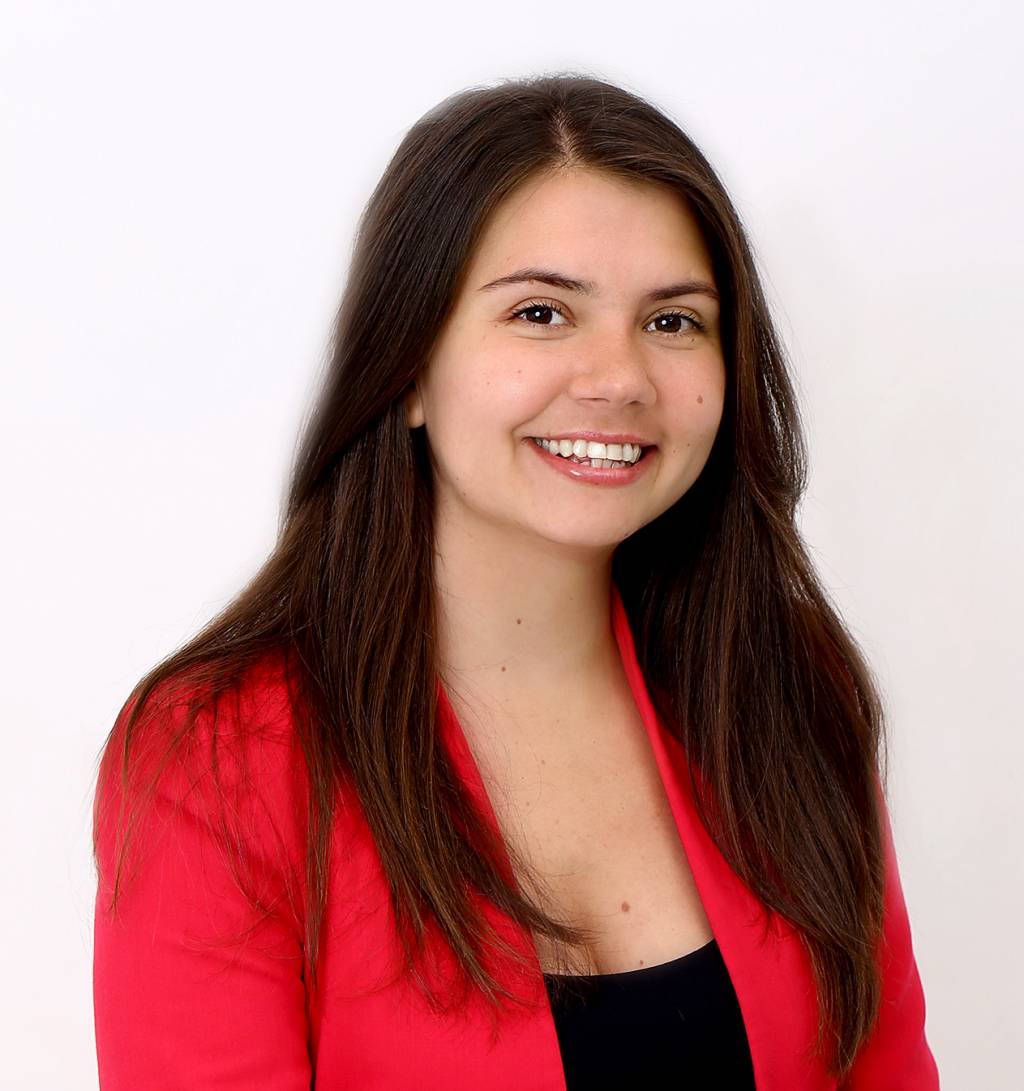
Mihaela Panayotova
Design and Implementation of Virtual Mobility (VM) Program (10:30 B6-34b)
Description. Virtual mobility (VM) programs offer students more choice – of medium, subjects and instructors. Virtual exchange of students has gained popularity over the years, allowing students to gain international experience without the need to go abroad. This roundtable discussion aims to offer an opportunity to discuss how schools, universities and colleges can set up and implement VM programs.
Profile. Mihaela is a founder and managing director of a higher education consultancy which help universities and colleges to develop comprehensive internationalisation strategies that focus on creating sustainable partnerships and designing compelling digital marketing collateral. With a background in media and communications, Mihaela is passionate about digitalization and internationalization topics.
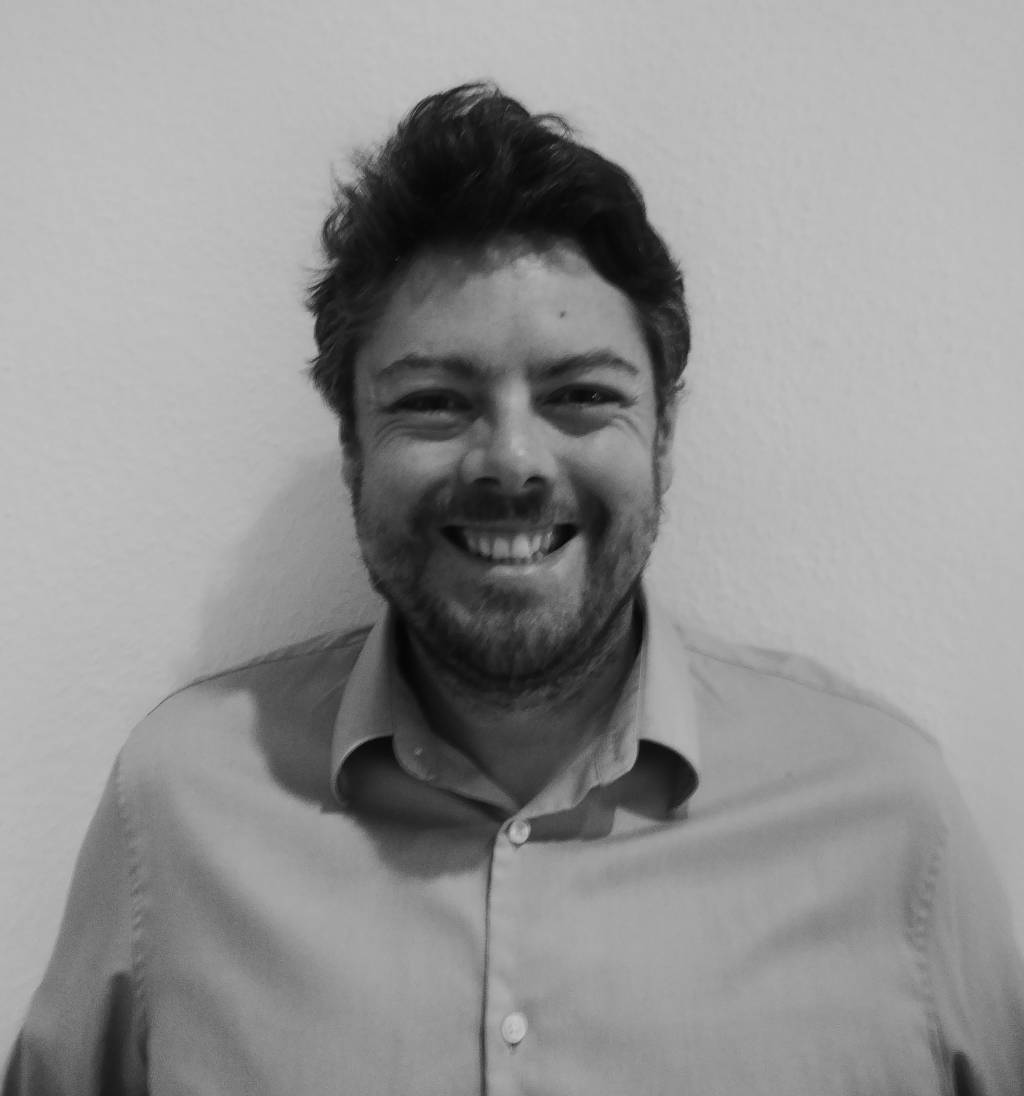
Tom Penny
Nurturing Resilient Leadership: Self-Care for Leaders in Challenging Times (10:30 Live via MS Teams)
This is a virtual interactive roundtable, you may join from any convenient location
Description. Roundtable of experience and tips of how to nurturing resilient leadership through the promotion of self-care for leaders of all levels in your organisation. Discussion of ideas to promote the resilience of formal and informal leaders to enable all to contribute to the organization through a focus on physical, mental, emotional and social resilience and balance in their professional and private lives.
Profile. Tom Penny works as an Assistant Principal and teacher at the International School of Stuttgart in Germany. He has an MBA in Educational Leadership from TAMK, further postgraduate study in teaching and learning methods from University of Exeter and a BA Hons in International Development Studies with Spanish from the University of East Anglia, Norwich. Tom is a passionate innovator in his teaching practice to ensure that learning experiences are relevant, dynamic, impactful for diverse classrooms. He is an accomplished leader in secondary education with experience in the UK, IB and Croatian school systems. His specialty and passion in leadership is in impactful professional development, effective assessment, personalization of learning for More Able students and international mindedness.
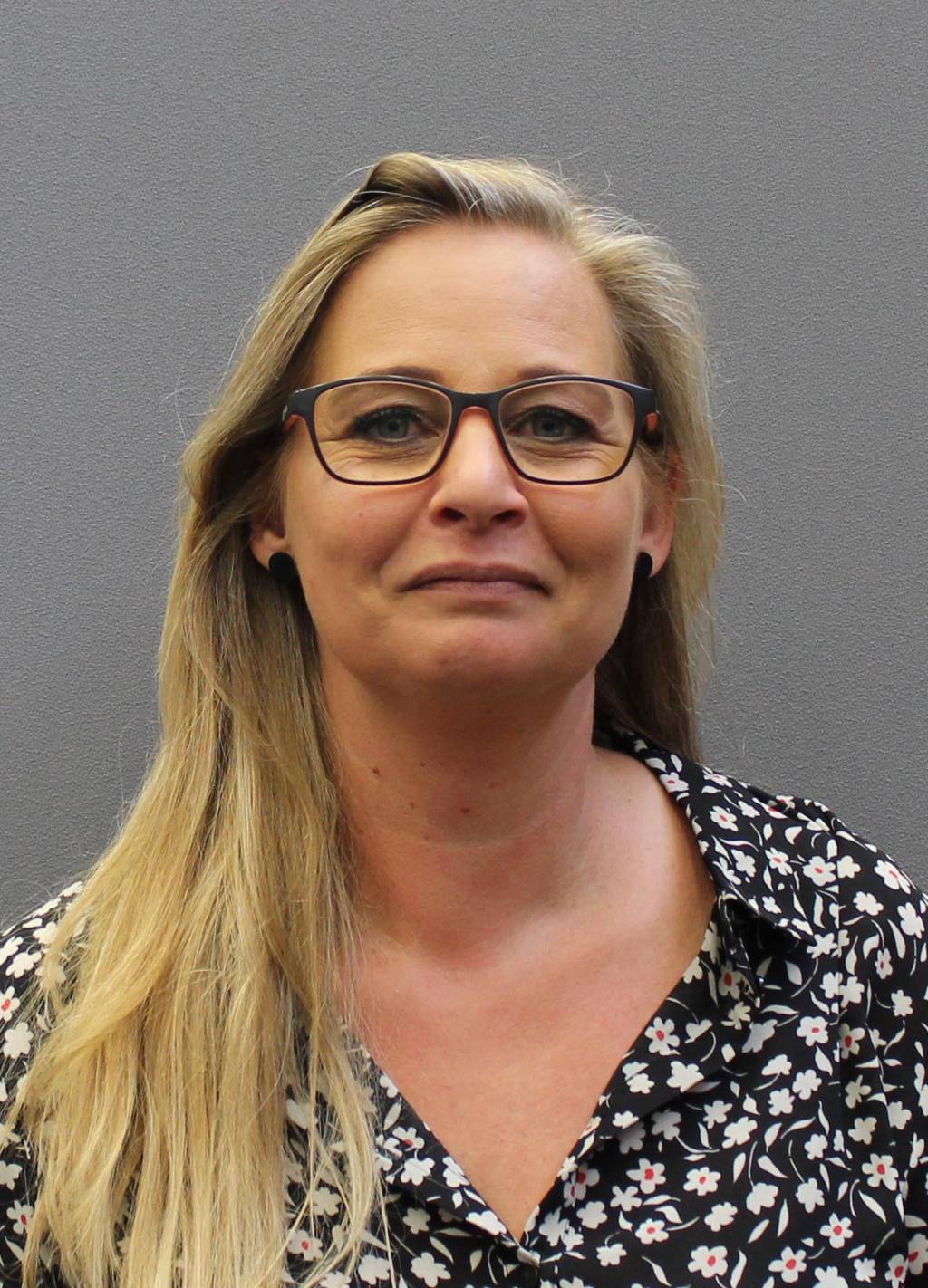
Ines Springael
How to use Appreciative Inquiry to Review your Course or Program (11:15 B5-31)
Description.
- Short presentation: on how AI is used within Thomas More UAS to review courses and programs to improve the quality.
- AI, an approach developed by Cooperrider and Srivastva (1987), distinguishes among the stages of discovery, dream, design, and destiny. Unlike other change models, AI starts from a positive view of organizational features that employees feel are successful.
- Group discussion: how might you use this in your context? Opportunities?.
Profile. Ines Springael works as an educational developer at Thomas More University of Applied sciences in Belgium. She has a Master’s of Education in Learning and innovation and is currently a student in the MBA Educational Leadership at TAMK.
She is a passionate educational professional, innovator, coach and developer who likes to think and work together with others. To inspire and motivate others and teams to become the best version of themselves.
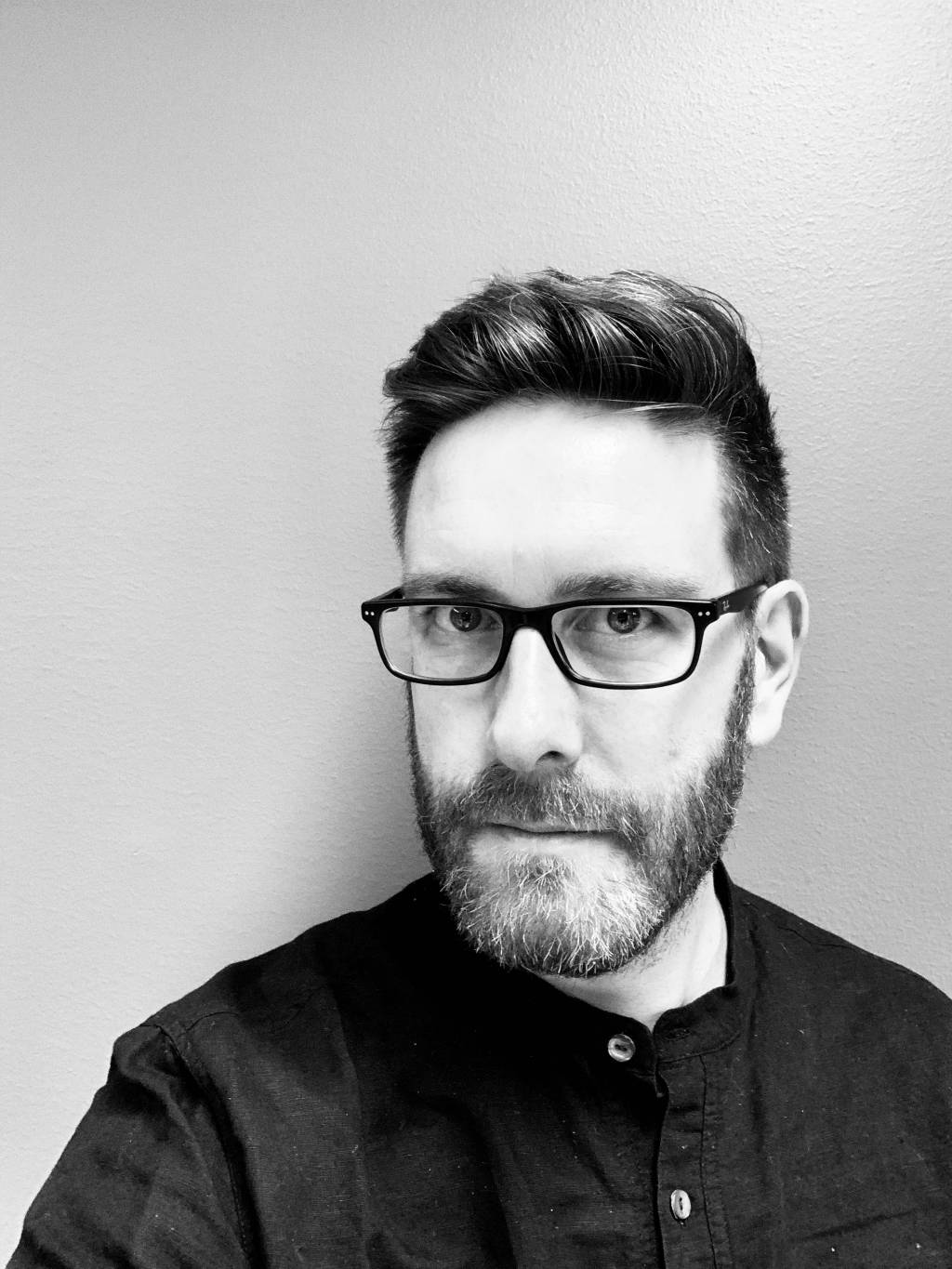
Chris Smith
Humour Fails – Lessons Learned (11:15 B6-34b)
Description. What can we learn about humour, communication and technology when we examine cases of how humour can go wrong for people in positions of leadership?
In challenging times, getting the tonal balance right is important and when it comes to humour as a tool for fostering group cohesion and delivering much-needed relief, we don’t want to throw the baby out with the bath water.
This round table discussion offers a safe space to explore our limits and develop some ground rules.
Profile. Chris Smith is a lecturer in media theory, scriptwriting and character design, working mainly in the Media & Arts department in TAMK. His main area of interest lies in the relationship between humour and digital platforms. He is from Scotland originally and has lived in Finland for 20 years. (I joke, therefore I am)
MELposium Presentations. Friday 19 August (Afternoon) G-Auditorium (G00-10)
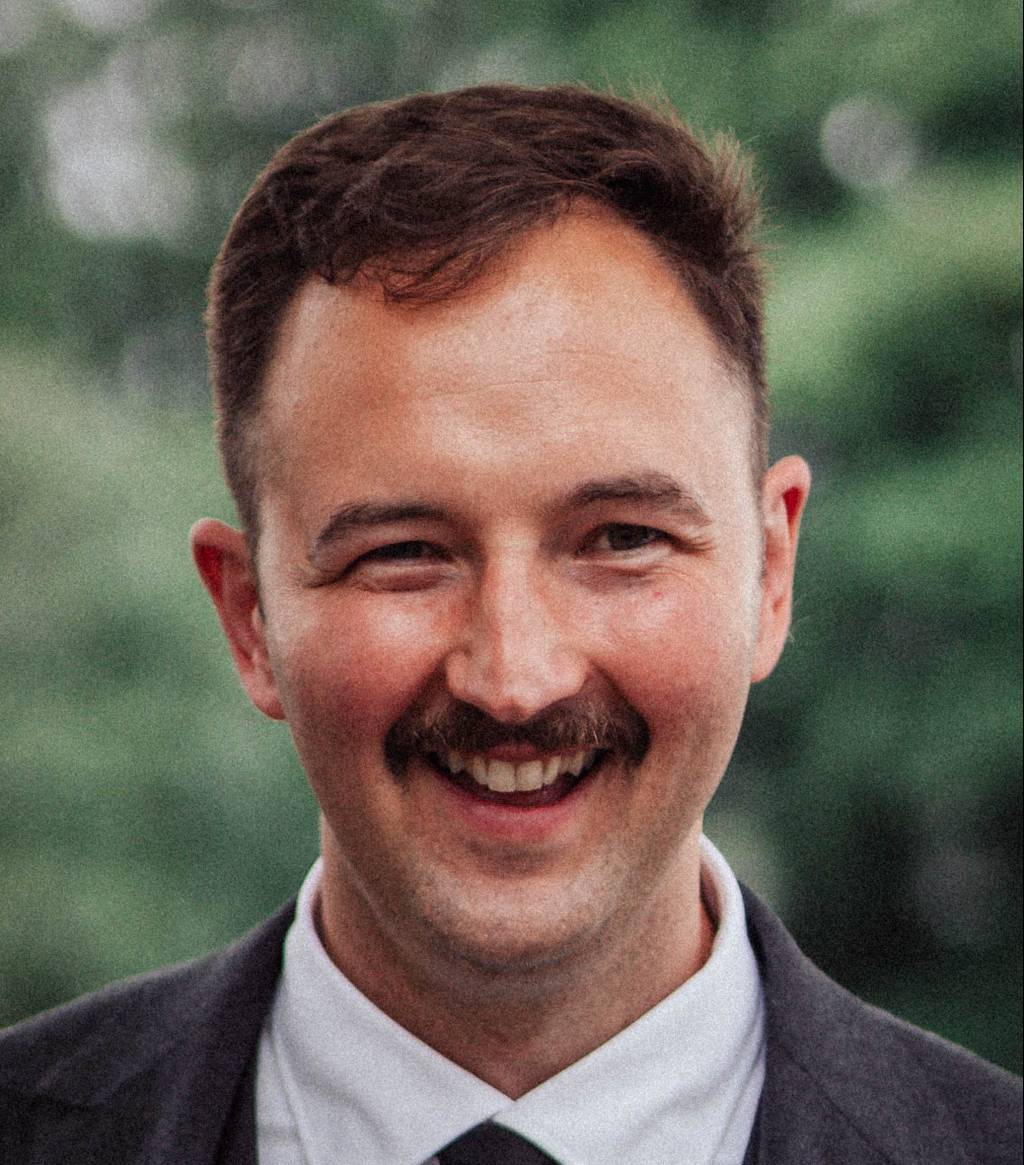
Scott Benzenberg
Facing change: Leadership and Community Development in Education (13:00)
General Presentation via Zoom
Description. Change is inevitable, but successfully managing change is certainly not. From playing at the edges, creating problems to solve, or jumping in too quickly, there are countless ways things can go wrong. Many educators and leaders have good ideas, but educational reformers must contend with constantly evolving pressures while operating in a present context that few had been able to predict. To add to these challenges, many of the individual actors in change initiatives fail to appreciate the complexity of the system or the size of the task. Even within an organisation, expertise and capacity for change are distributed in ways that make meaningful reform difficult to manage. In the end, many initiatives fail to fundamentally change the experience and outcomes for the students they are meant to serve.
Good ideas are not enough. So where to begin?
Facing change is about acknowledging the unwieldy and occasionally ambiguous task inherent in facilitating change. We’ll unpack an ill-conceived approach to change (my own, pre-MEL), look at narratives of educators who developed their own capacities for leading change, and explore an example of how change initiatives which emphasise participation in decision-making and social reflection can strengthen an educational organisation.
Profile. Scott Benzenberg is an educator working at the International School of Stavanger. He is engaged in strategic change and organisational development as a coach, international school accreditation visitor, and independent researcher. He has an MBA from Tampere University of Applied sciences and is proud to be a MEL graduate.
Scott has been engaged in international education as both a teacher and learner for well over a decade. He has developed experiential learning curricula as the co-curricular coordinator at UWC Dilijan and co-published an entrepreneurship curriculum for undergraduate artists with fellow MEL graduate Kaisu Tuominiemi. Scott is the creator and host of Connected, a podcast about educational leadership.

Tuula Andersson
Online Learning Package Builds a Bridge for Learners, Educators, Time & Place (13:30)
General Presentation
Co-presented with Mari Rytisalo
Description. Cultural readiness is crucial for obtaining higher education abroad or for completing an exchange programme at a foreign partner university. Cultural education paves the way to improve communication skills with educators and co-educates from other cultures. Participating in a course or joining a training programme in the field of intercultural communication may increase cultural readiness and thereby enhance intercultural communication skills. The learning package CONFIDENT is dedicated to this direction. In addition, the CONFIDENT learning package addresses the needs of learners in their digital learning skills.
CONFIDENT is an online learning package, available for anyone interested in enhancing their digital and intercultural communication skills. The primary end-users of CONFIDENT are students who plan to go for study exchange. This presentation is targeted at educators and officers in international affairs who wish to help students adapt to different cultures and learning environments by offering them CONFIDENT.
CONFIDENT learning package consists of four distinct parts:
1. Self-administered online tests for assessing your skills in intercultural and digital competencies. The survey is intended for the mobile students from the partner universities (incoming and outgoing) to assess their level of Intercultural Communication and Digital competencies before leaving their home country.
2. An open online study module in intercultural competencies. The Intercultural Communication module aims to ensure that the mobile students have a better understanding of the cultural differences in the world, that they will know how to tackle the cultural shock once they get to their host destination and that they will adjust in the best possible way to the new cultural environment without feeling isolated or disrupted. It will develop the students’ coping mechanisms to new challenges and environments as well as train them in identifying adequate cultural solutions to the problems they might encounter.
3. An open module in basic digital skills for studying and learning. This part is designed to address the needs of students to get accustomed to different online teaching and learning platforms ensuring thus a better inclusion in their future study groups at the host institutions. Part of the module also discusses the challenges of multicultural groups in the digital environment.
4. A Cyber Café for sharing information, experiences, and knowledge before, during and after exchange. The Cyber Café is conceived as a virtual social meeting place for mobile students where they can contact each other, chat on various topics under the guidance of a facilitator (a representative of the students’ associations such as the local ESN) and exchange ideas on the topics tackled in the Intercultural Communication and Digital Learning modules (under the supervision of a mediator – professor).
CONFIDENT is built with Erasmus+ funding, together with three partners: TAMK in Finland, Hochschule Bremen in Germany, and the University of Iasi in Romania. The presenter(s) wish to share the info about the project outcomes with all MELposium participants.
Profile. Tuula Andersson is a Senior Lecturer in marketing and innovation management, currently working for TAMK School of Business and Media, Degree Programme in International Business. She is the coordinator of the marketing module of the degree programme. Her special interest is in developing international relationships among partner universities and helping students acquire skills and competencies in international networks. She is one of the developers of the ‘International Branding project’, a joint course with five European universities for bachelor students, executed annually for ten years already. Acting as a teacher tutor for the incoming double degree students is also an important part of her work. Before her academic career, she worked as an entrepreneur in her own marketing research business for over 15 years. The skills in various types of research are another of her strong suits.

Mari Rytisalo
Online Learning Package Builds a Bridge for Learners, Educators, Time & Place (13:30)
General Presentation
Co-presented with Tuula Andersson .
Profile. Mari Rytisalo is an experienced communication professional in the field of education at TAMK. Her professional expertise consists in several areas. In the field of intercultural communication, her special focus is on developing intercultural competence and international professionalism among staff and students of higher education institutions. Her pedagogical skills are strongly related to international skills: she enjoys teaching and coaching multicultural teams and addressing diverse international affairs and projects. She also has a long history in teaching subjects concerning different areas of speech communication. Other professional passions concern developing case-based pedagogy and coaching in business case training to make it a significant part of business studies at TAMK, and to represent TAMK in international business case competitions. Developing and coaching in a new multidisciplinary and systemic Degree Programme in Network Learning and Competencies is also an important part of her work.
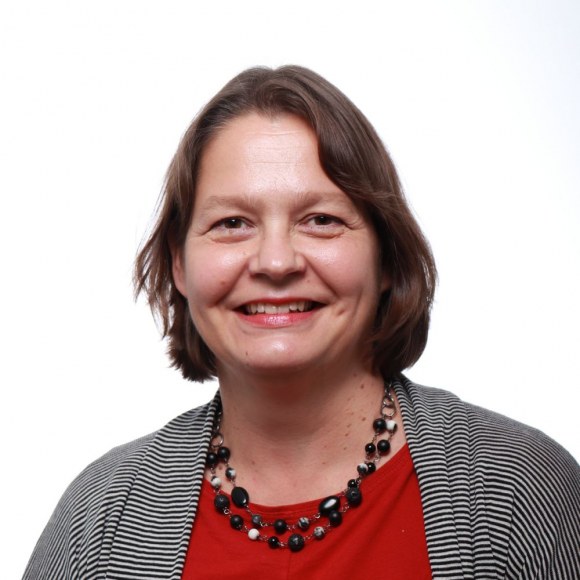
Silja Kostia
How to get Systemic Thinking to be a Learning Outcome of a Master’s Program? (14:00)
10 15 30+ Presentation
Description. How to make a curriculum, choose a pedagogy and lead the programme in a way which supports systemic thinking to be a learning outcome of a programme. The presentation hardly gives an answer to that but describes a stage of one development path. Target of the presentation is “”Risk Management and Circular Economy”” Master’s degree programme at Tampere University of Applied Sciences. Discussion and development actions around circular economy requires more systemic perspective. A paradigm shift is needed in the way things and whole systems are being designed. Multidisciplinary networks and co-creation are needed instead of silos.
Profile. Silja Kostia is experienced professional in educational leadership and passionate developer and coach who loves to help teams to flourish. Currently, she is the Head of Risk Management and Circular Economy Master’s degree programme, and team leader of TAMK Circular & Bioeconomy Actions group. She received her doctorate from the University of Helsinki in 2000 in the field of biology, a certificate of a professional teacher at TAMK in 2004, and MBA from TAMK in June 2021 in Master of Educational Leadership programme.

Marko Teräs
From Global EdTech Utopias to Local Alternative Digital Futures of Education (14:45)
General Presentation
Description. The global discourse of digitalization and data-driven education is increasingly colonizing the educational discourse, local lifeworlds and practices. Its aim is to ensure and manage the future with its sociotechnical imaginaries. Digitalization is a global phenomenon and as such, part of globalization. It is also a cultural phenomenon, which is often described as if a unified phenomenon that appears similar to all cultures, different geographical locations and various fields. Discursively it bares resemblance to globalization which is also discussed as a one-way street that transforms and colonizes locality. Still, as for example Hall (1992) has proposed, globalization is never just a one-way street. It does not only transform local cultures, but also becomes transformed by them. With these predefinitions in mind, this presentation will look at ways to imagine alternative futures and local practices of digitalization of education.
Profile. Dr Marko Teräs works as a postdoctoral research fellow in the Academy of Finland research project “Speculative social science fiction of digitalization in higher education: Towards a humanized digital future” at the Faculty of Social Sciences (Sociology) in Tampere University. He is the lead of Critical Applied Research of Digitalization in Education (CARDE) research group and one of the founders of CreditEd network.
Dr Teräs has a broad professional history with research and development projects in online learning, HCI, virtual reality, virtual environments, digitalization and datafication, and has worked in Tanzania, the UAE, Southeast Asia and Australia.
Currently his main research focus is sociology and philosophy of digitalization and datafication in education, speculative fiction and utopian thinking. He is also looking at combining Foucauldian discourse analysis with speculative social science fiction and techniques from Brechtian epic theater.
He also explores and examines his research interests of technology, power and the bodily subject through poetry, fiction writing and music.
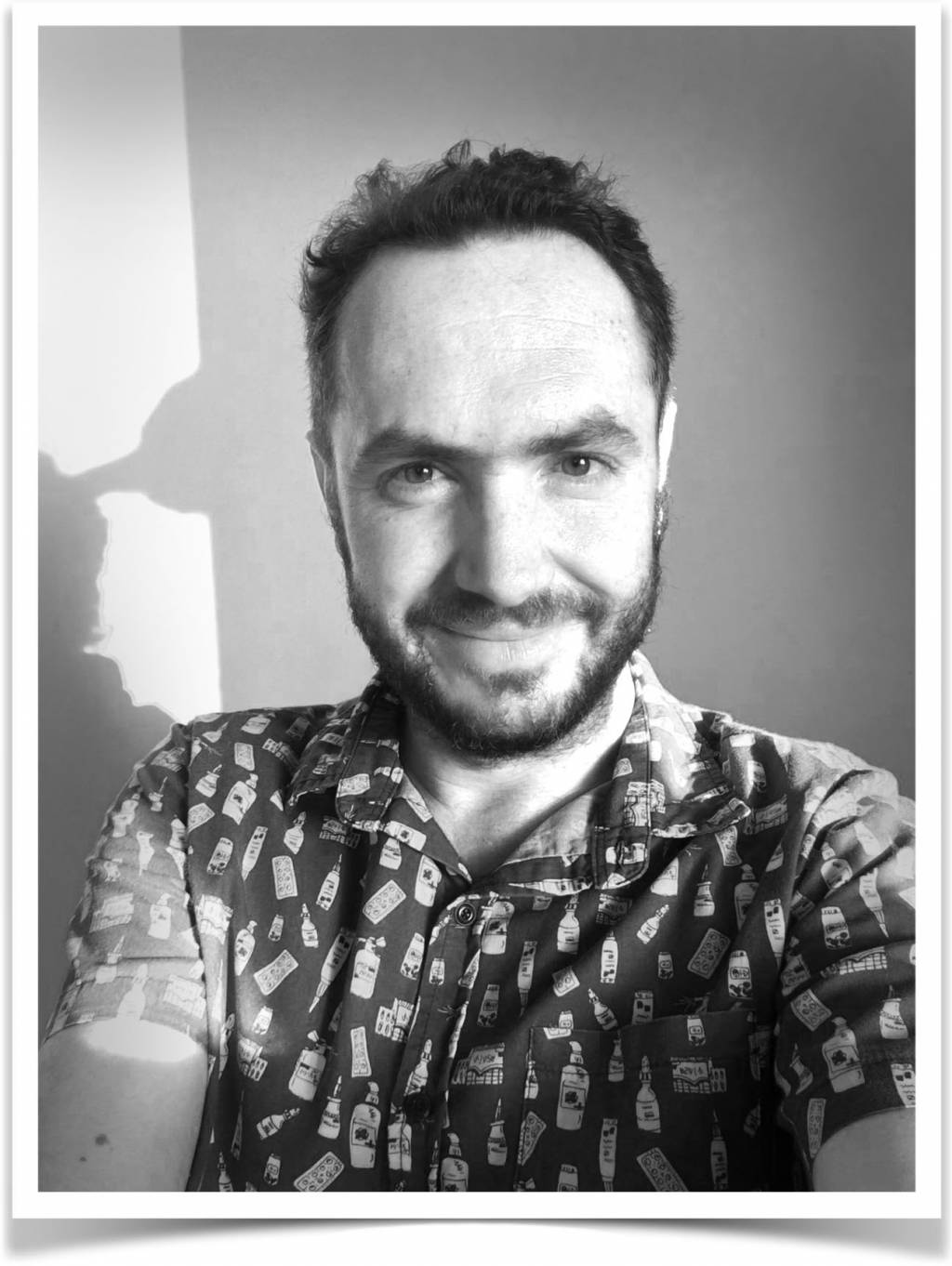
Oscar Åkerberg
Relationships Matter: Using Social Network Analysis to Tap Schools’ Hidden Potential (15:15)
General Presentation
Description. Many school administrators spend considerable amounts of time and resources restructuring their schools, defining and redefining the formal administrative positions that show in their organizational charts, only to remain disappointed with the results. This is mostly because much of the workflow happens despite the formal structures. Oftentimes, what needs more attention is the informal organization of the school. The informal, or emergent, organization is the system of relationships that forms naturally to attend the needs of actors within the organization. These relationships can form by seeking work-related support, advice or even personal support. Learning how to map these social relationships can help school administrators harness the potential of their organizations and upgrade the formal structure by encouraging the emergent organization to thrive.
In a recent study, we mapped both the formal and informal organization structures at the International School of Havana (ISH) and explored similarities and differences between the two, with the goal of providing insight into possible strategies for improving school performance. The formal structure was determined by examining both the vertical levels of authority and the horizontal organization of departments. The informal structure was mapped by conducting a social-relationships survey with all school employees and using a social network analysis.
Our study suggests that the informal structure of the school is continuously emerging from the formal structure, and can have a significant influence on it. The results from the social network analysis reveal the hidden structure of how work actually happens at the school. For instance, the informal map reveals actors who may be low in the school’s formal hierarchy, but who have high levels of influence in the organization because of their role in providing advice or support for many others in the school network.
Mapping the social relationships that emerge from work-related interactions between actors in a school can help administrators gain a holistic understanding of how work is accomplished within the organization, and provide them with the tools for tapping their school’s hidden potential.
Profile. Oscar is an international educator currently working at the International School of Havana in Cuba (ISH). After completing a PhD in Physics and Neuroscience at McGill University in Canada, Oscar started a teaching career at the Mahindra United World College of India, where he taught various IB science, math and theory of knowledge courses, and redesigned the school’s experiential education program.
Recently, Oscar finished his fourth year at ISH, where he teaches middle school science and IB environmental systems and societies. He also leads the extracurricular and CAS programs at the school. He joined the MEL program in 2019 and recently graduated with a dissertation focusing on the relationship between formal and emergent structures in schools. Oscar is passionate about education as a means to create a world that truly works for all.
MELposium Workshops. Saturday 20 August. (B5-31)

Ines Springael
Step into the Shoes of your Students through the ABC Design Method
Workshop (90 minutes) B6-34b 09:00 – 10:30
Description. ABC curriculum design was developed by University College London (Young, C., & Perovic, N., 2013). ABC stands for Arena Blended Connected Curriculumdesign. At Thomas More we further developed this by implementing the concepts of constructive alignment and backward design.
It is a 90-minute hands-on workshop, in which teachers are challenged to think from the students’ perspective for the (re)design of their course. Instead of starting from the content, the ABC methodology forces them to put themselves in their students’ shoes with a focus on the intended learning outcomes and evidence they want to see from their students. This is done through a set of 6 learning activities that form the basis of the workshop. These learning activities (receive, investigate, apply, produce, discuss & collaborate) provide teachers with a common language to talk about their teaching (course). The added value of the workshop is in the dialogue between teachers. Talking about the possible ideal sequence of learning activities and the way they are supported is refreshing and stimulates reflection about one’s own teaching.
Profile. Ines Springael works as an educational developer at Thomas More University of Applied sciences in Belgium. She has a Master’s of Education in Learning and innovation and is currently a student in the MBA Educational Leadership at TAMK.
She is a passionate educational professional, innovator, coach and developer who likes to think and work together with others. To inspire and motivate others and teams to become the best version of themselves.
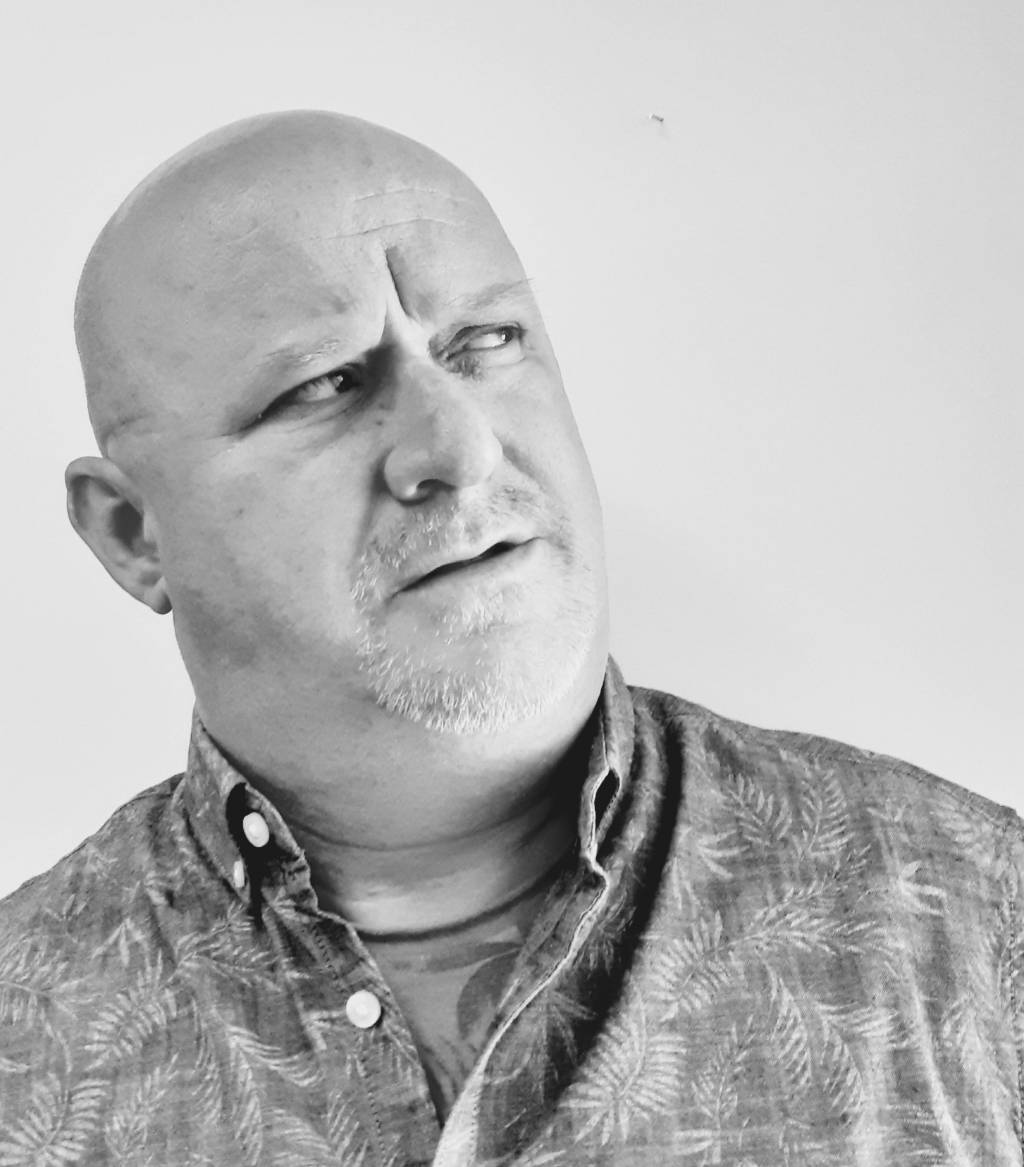
Mark Curcher
Never Mind the Competencies, Here’s the Punk Pedagogy
Workshop… Maybe more of a Seminar (90 minutes) B6-34b 11:00 – 12:30
Description. What could a musical genre and subculture from the mid 1970’s possibly offer to educators in the 3rd decade of the 21st century? Is it all just Mohican haircuts and safety pins through the nose, or is there something deeper that is worth examining and reflecting upon?
In this workshop participants will learn something of edupunk and punk pedagogy and how these can link to ideas and values that are useful to us in our praxis as educators. This is a call to action for educators to be Punk AF.
Profile. Mark Curcher is a Senior Lecturer in the School of Business and Media at Tampere University of Applied Sciences and Program Co-Director of the MBA in Educational Leadership. He describes himself as a Reader of Books, Drinker of Coffee, Pedagogical Provocateur, Educational Emigre, Critical Contrarian, Scholarly Skeptic and Educator. He is known for his somewhat belligerent attitudes towards leadership.
Asynchronous Sessions
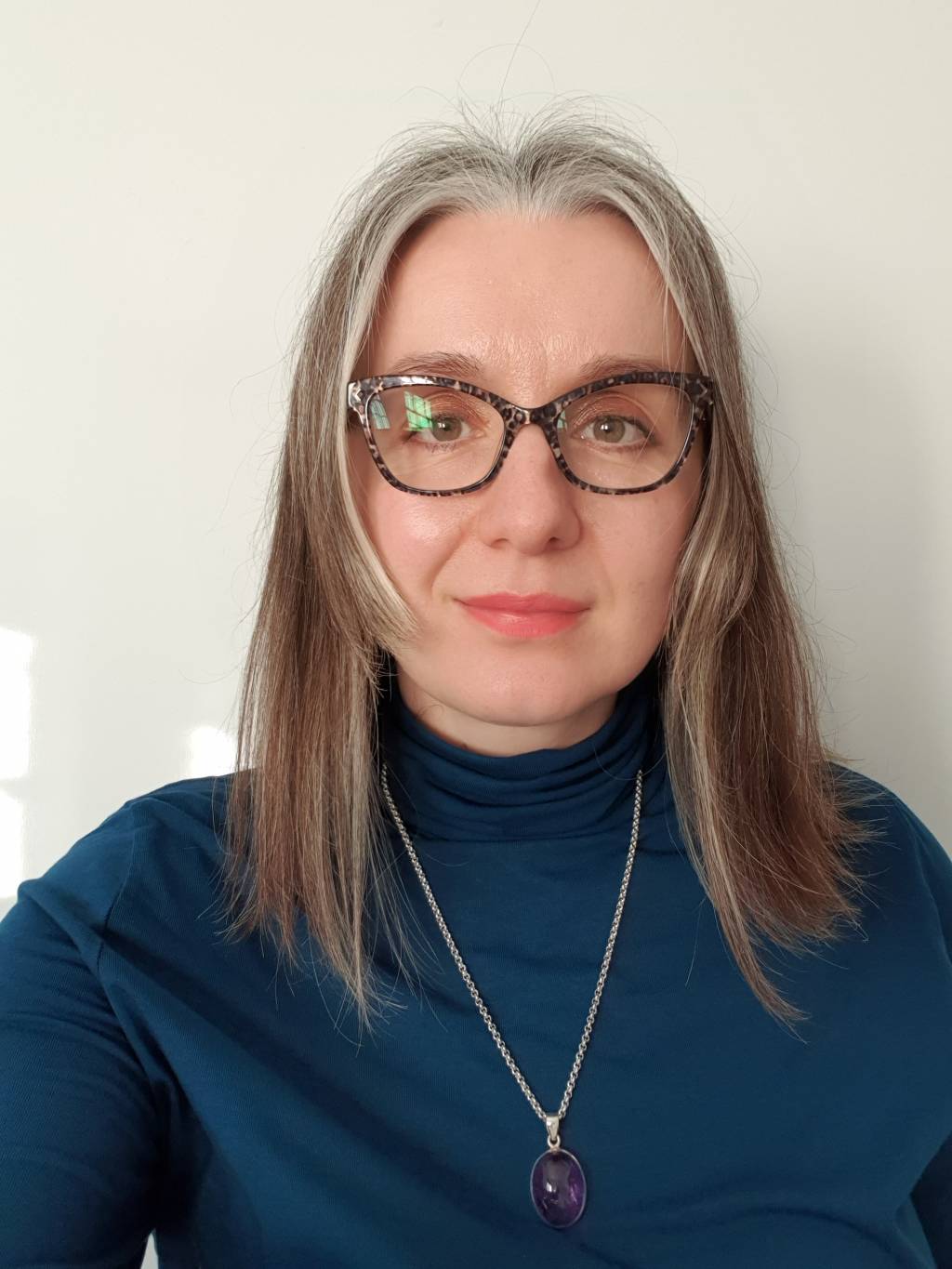
Kathy Charles
Knowing when to fold ’em: Demonstrating Educational Leadership by Knowing What to Stop
Asynchronous Video Presentation – HERE
Description. Educational leaders are expected to contribute, develop, and lead policies and strategies within their organisations. More often than not, this work includes the creation of something new and the subsequent rolling out and scaling up of that novelty. This short presentation focuses on an alternative side of educational leadership; knowing when and what to stop as a way to lead change and create impact. I will briefly explore the Scholarship of Teaching and Learning (SoTL) movement in higher education as an example of an agenda which may no longer serve its original purpose, and I will discuss how I have tackled this in my own institution. I will explore concepts of critical analysis and courage in challenging long held beliefs, and how these processes can re-awaken creativity.
Profile. Kathy is the Executive Dean for Learning and Teaching, and the Head of the Centre for Academic Development and Quality at Nottingham Trent University, UK. Kathy is responsible for creating a strong culture of high quality teaching, the promotion of initial and continuing professional development, and the Scholarship of Teaching and Learning (SoTL). Kathy provides strategic leadership of learning, teaching, and curriculum design services across the University.
Kathy is Deputy Chair of the Academic Standards and Quality Committee, and a member of the Extended University Executive Team, the University Leadership Team, Academic Board, and the Success for All Steering Group.
Kathy joined NTU in 2019 as Head of Academic Development and became the Interim Executive Dean for Learning and Teaching in 2020, completing her MBA in Educational Leadership in the same year. Kathy was appointed to her current role permanently in 2021. Kathy is an Aurora alumna and mentor and was awarded SFHEA in 2016.
Before joining NTU Kathy was an Associate Professor and Head of Psychology at Edinburgh Napier University where she spent almost 12 years building significant experience in learning and teaching including the design, development, and leadership of new modules and new courses, and acting as an external examiner.
